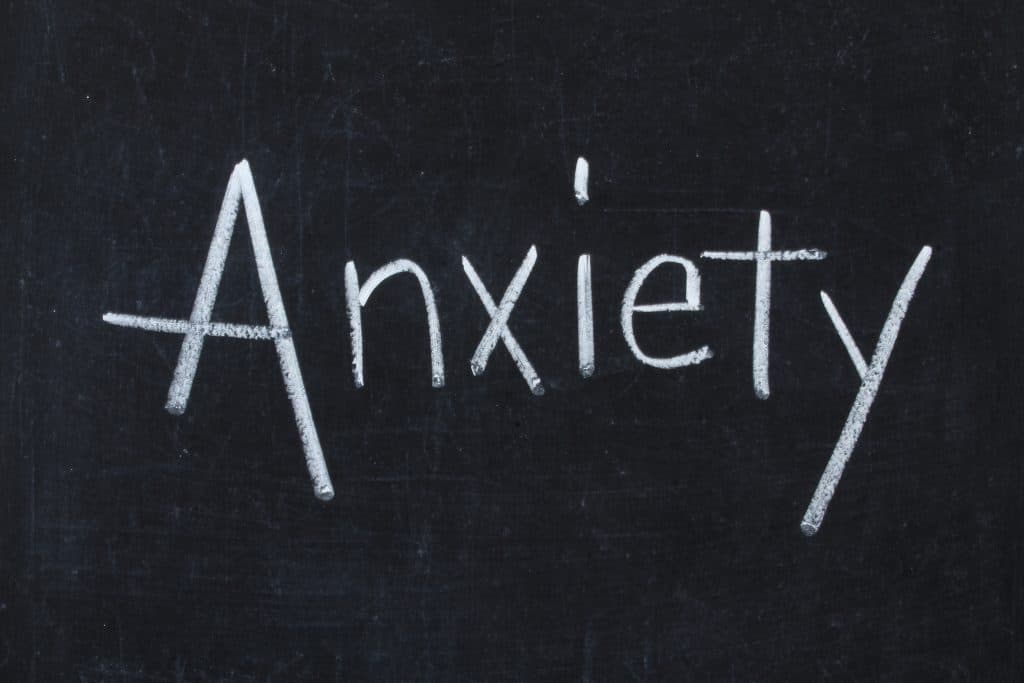Anxiety is a universal human experience that every individual grapples with at different points in their life. Everyone worries about something at some point. Common concerns are finances, career, love life. Life is complicated and anxiety is part of it. In many situations, anxiety is a normal response to stress. But, when anxiety becomes intense enough to make daily living difficult, then we’ve crossed beyond the realm of ordinary worries.
This article from The Bluffs should provide you some insight into when anxiety needs to be treated, considering the line between normal anxiety and anxiety disorders, the different forms of anxiety disorders, and the treatments available.
When is Anxiety No Longer ‘Normal’?
Anxiety is a common human reaction, acting as a kind of “internal alarm system” activated when we perceive a threat or danger. This might include the immediate physical danger of a car accident or the psychological stress of a difficult task at work. Anxiety signals that something requires our attention and action, aiding our survival and well-being.
However, in our modern lives, anxiety triggers often lack the immediacy and physical danger of ancient threats. The ongoing pandemic, job instability, and climate change, among others, induce a sense of persistent, often vague, threat. This can lead to anxiety responses that are disproportionate or chronically activated, which is where the line between normal anxiety and anxiety disorders begins to blur.
Do I Have an Anxiety Disorder?
Simply put: Anxiety becomes a disorder when it no longer functions as a protective mechanism but instead interferes with your daily life and well-being. Anxiety is supposed to serve you, believe it or not. When that intense worry or fear is hurting you instead of helping you, that’s when you have something to treat.
The American Psychological Association defines an anxiety disorder as having recurring intrusive thoughts or concerns. When an individual avoids certain places or situations to prevent these feelings, their anxiety has likely crossed into the realm of a disorder.
Several types of anxiety disorders exist, including generalized anxiety disorder (GAD), panic disorder, social anxiety disorder, and specific phobias. Each disorder has its own specific symptoms but shares the common root of excessive fear and anxiety.
When is it Time for Anxiety Treatment?
To understand when anxiety needs to be treated, it’s important to pay attention to three key factors: duration, intensity, and impact.
Duration: Anxiety becomes more concerning when it persists for longer periods. If you’ve been feeling anxious consistently for six months or more, it’s time to consult a mental health professional.
Intensity: If the feelings of anxiety are so strong that they cause significant distress or impair your ability to function, it’s a clear indication that you should seek help.
Impact: If anxiety is influencing your decisions, actions, and relationships – if it’s causing you to avoid certain situations or holding you back from doing things you’d like or need to do – then it’s time to consider treatment.
Treatment for Anxiety
Millions of Americans have anxiety disorders. The good news is there are a range of treatment options for anxiety. You do not just have to grin and bear it, nor should you. Anxiety treatment usually involves a combination of psychotherapy (talk therapy), cognitive-behavioral therapy, and sometimes medication. Mindfulness and relaxation techniques can also help manage anxiety symptoms.
Psychotherapy helps individuals understand and deal with their disorder, providing them with coping mechanisms and tools to manage anxiety. Cognitive-behavioral therapy is particularly effective, helping people change their thinking patterns and behavior that lead to anxious feelings.
When necessary, medication can be used to manage the physical symptoms of an anxiety disorder. Antidepressants, beta-blockers, and anxiolytics are commonly prescribed. However, they should always be taken under the supervision of a healthcare provider, as they can have side effects.
Final Thoughts on Anxiety and Anxiety Treatment
Anxiety is a natural part of human life, but when it becomes constant, intense, and life-limiting, it’s time to ask for help. Recognizing the difference between normal anxiety and an anxiety disorder can be challenging, and professional help may be required to make this distinction.
Living with an untreated anxiety disorder can seriously degrade your quality of life. Remember that help is available and it works. You just have to ask for it and be willing to follow some directions. Asking for help when you need it is a sign of strength, not weakness. Never forget that.
If you’re concerned about your anxiety or a loved one is, give The Bluffs a call at 330-919-9228. Let’s talk about it.








